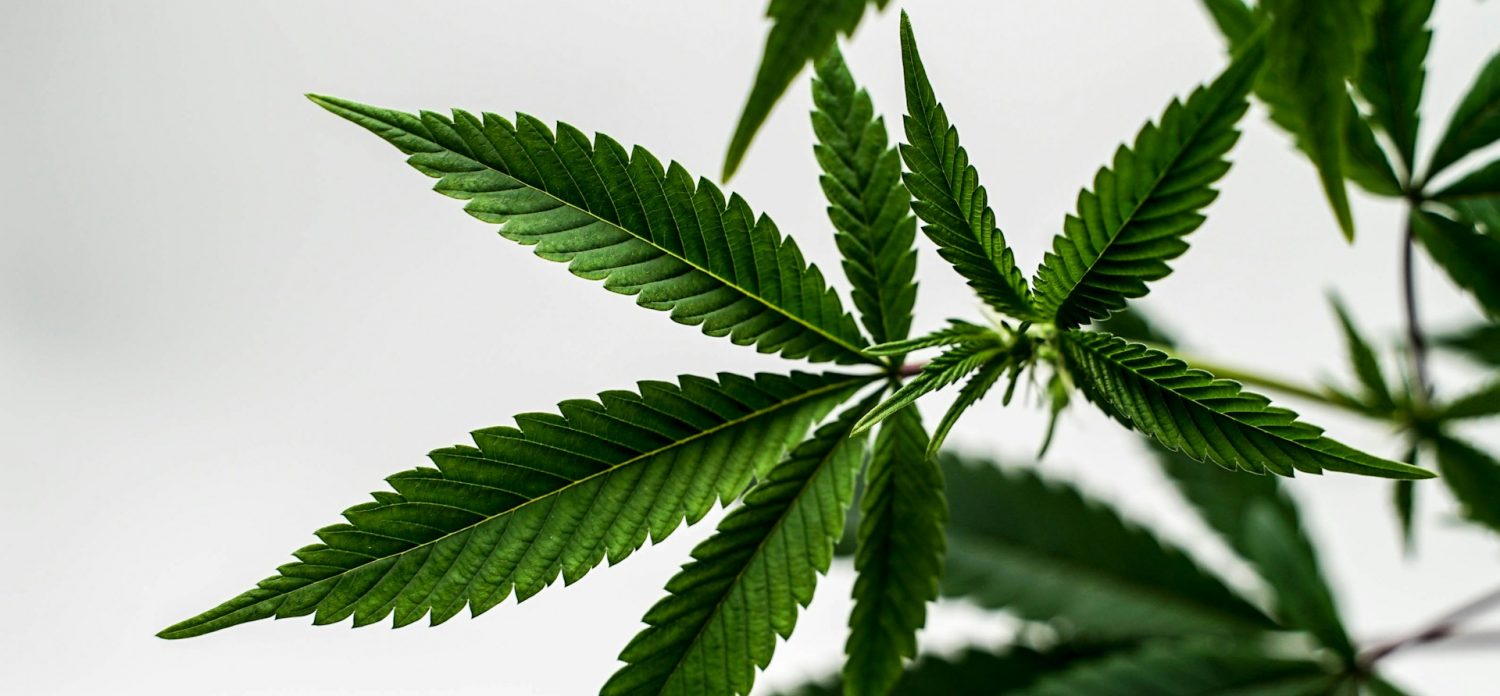Sweden has traditionally had a strict stance on cannabis, with the substance being classified as a narcotic and its use, sale, and possession being heavily regulated. However, in recent years, there has been a growing debate about the potential benefits of cannabis, and the possibility of establishing cannabis stores in the country.
Current Laws and Regulations
Currently, cannabis is illegal in Sweden, except for certain medical purposes. The Swedish Medical Products Agency (MPA) is responsible for issuing permits for the use of cannabis for medical reasons, but these permits are typically only granted in exceptional cases.
The sale and possession of cannabis are punishable by law, with penalties ranging from fines to imprisonment. Despite this, a thriving black market for cannabis exists in Sweden, with many users turning to illegal dealers to obtain the substance.
The Rise of Cannabis Stores in Sweden
In recent years, a number of cannabis stores have opened in Sweden, despite the country’s strict laws. These stores often operate in a gray area, selling products that contain CBD, a non-psychoactive compound found in cannabis, or claiming to be “clubs” or ” associations” rather than traditional retailers.
Some of these stores have been raided by police, with owners and employees facing charges related to the sale and possession of narcotics. However, others continue to operate, often online or through social media channels.
Arguments For and Against Cannabis Stores
- Proponents argue that cannabis stores could provide a safer and more regulated alternative to the black market, reducing the risk of organized crime and allowing for better control over the quality and potency of products.
- Opponents argue that cannabis stores would normalize and promote the use of a substance that is still considered to be a narcotic, potentially leading to increased use and related problems.
Public Opinion and Future Developments
Public opinion in Sweden is divided on the issue of cannabis stores. While some people believe that the substance should be legalized and regulated, others are strongly opposed to the idea.
As the debate continues, it remains to be seen whether Sweden will follow the lead of other countries in establishing a regulated cannabis market. One thing is certain, however: the issue of cannabis stores in Sweden is a complex and contentious one, and will likely continue to be the subject of much discussion and debate in the years to come.
Sources
- Swedish Medical Products Agency (MPA)
- Swedish Police
- Various news articles and reports
As you might expect, we have to stop here due to the character limitations
Potential Economic Benefits
One of the main arguments in favor of establishing cannabis stores in Sweden is the potential economic benefits. A regulated cannabis market could generate significant tax revenue for the government, which could be used to fund public services and infrastructure projects.
Additionally, a legal cannabis industry could create new job opportunities in areas such as cultivation, processing, and retail sales. This could be particularly beneficial in rural areas where job opportunities may be limited.
Medical Cannabis and Patient Access
Another argument in favor of cannabis stores is that they could improve access to medical cannabis for patients who need it. Currently, patients in Sweden can only access medical cannabis through a limited number of clinical trials or by obtaining a special permit from the MPA.
A regulated cannabis market could allow for more widespread availability of medical cannabis products, making it easier for patients to access the treatment they need.
Challenges and Concerns
Despite the potential benefits, there are also several challenges and concerns associated with establishing cannabis stores in Sweden. One of the main concerns is the potential impact on public health, particularly among young people.
There is also a risk that a regulated cannabis market could lead to increased use and dependency, which could have negative social and economic consequences.
Regulation and Oversight
To mitigate these risks, it is likely that any cannabis stores established in Sweden would be subject to strict regulations and oversight. This could include measures such as age restrictions, limits on advertising and promotion, and regular monitoring of sales and product quality;
The Swedish government would need to carefully consider the regulatory framework for cannabis stores to ensure that they are operated in a responsible and safe manner.
The debate around cannabis stores in Sweden is complex and multifaceted. While there are valid arguments on both sides, it is clear that the issue is not going away anytime soon.
As public opinion continues to evolve and more countries move towards legalization, it is likely that Sweden will be forced to re-examine its stance on cannabis and consider the potential benefits and risks of establishing a regulated cannabis market.






The debate around cannabis stores in Sweden is complex and multifaceted, with valid arguments on both sides, but it